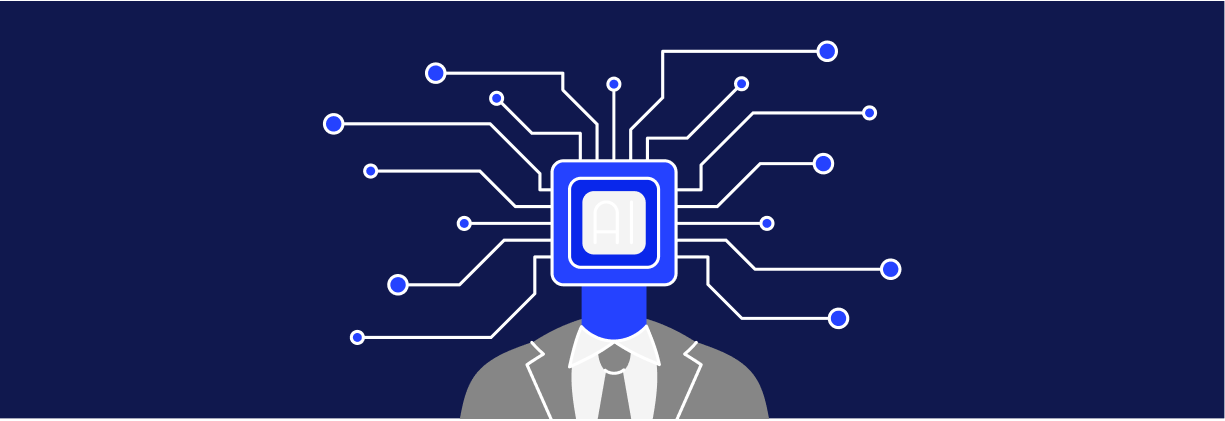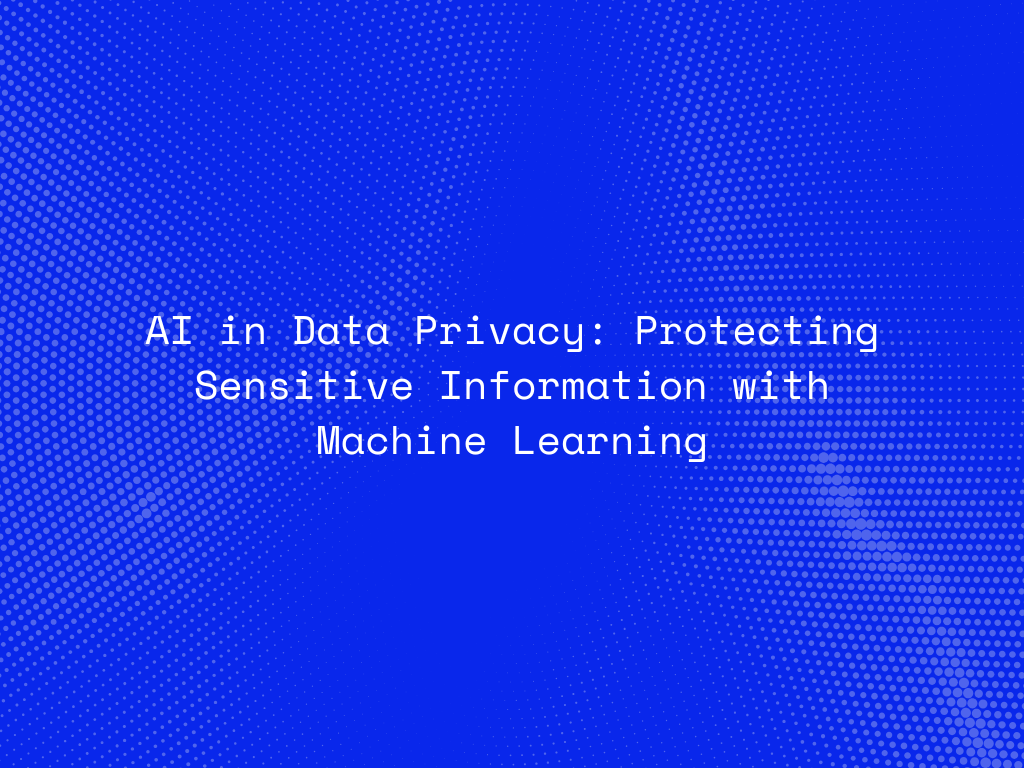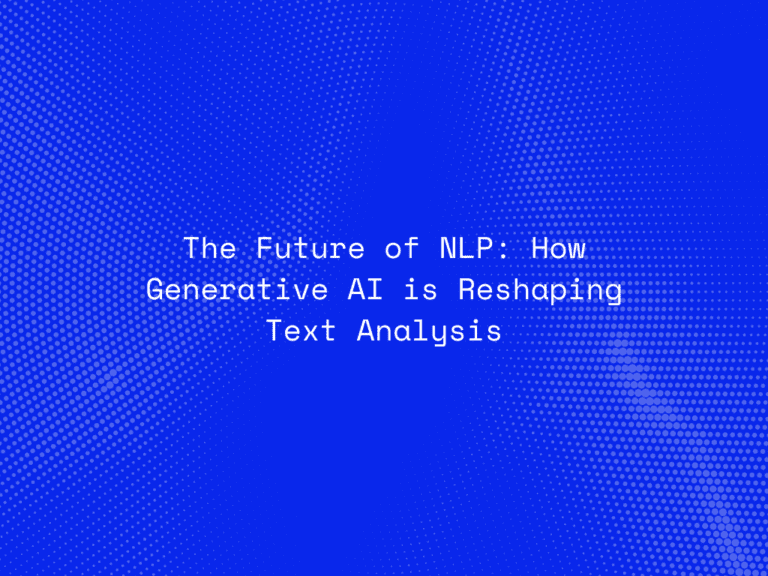As data becomes the backbone of modern industries, ensuring its privacy and security is critical. Sensitive information, ranging from personal identifiers to financial and health data, is more vulnerable than ever to cyber threats and misuse. Traditional methods of data protection often struggle to keep up with the complexity and volume of modern data systems. This is where AI-powered data privacy solutions step in.
By leveraging machine learning (ML), businesses and organizations can identify vulnerabilities, predict threats, and enforce data protection measures with greater efficiency and precision. This blog explores how AI is revolutionizing data privacy, the technologies driving this change, and the challenges that remain.
How AI Enhances Data Privacy
Machine learning and AI introduce advanced techniques that go beyond conventional data protection measures. Here’s how AI contributes to securing sensitive information:
1. Anomaly Detection
AI algorithms analyze vast amounts of data in real-time to detect unusual patterns or behaviors, such as unauthorized access attempts or data breaches. By flagging anomalies early, organizations can mitigate risks before any significant damage occurs.
2. Data Masking and Anonymization
Machine learning can automate the process of anonymizing sensitive data by replacing identifiable information with pseudonyms or encrypted values. This ensures that datasets remain useful for analysis while protecting individual privacy.
3. Predictive Threat Analysis
AI systems analyze historical data to predict potential vulnerabilities or breaches. This proactive approach allows organizations to implement preventive measures.
4. Secure Data Sharing
AI-powered solutions ensure secure sharing of data by implementing encryption techniques, role-based access, and privacy-preserving protocols. Federated learning, for example, enables collaborative machine learning without sharing raw data.
5. Compliance Automation
AI tools streamline the process of ensuring compliance with global data privacy regulations like GDPR, HIPAA, and CCPA. They automatically audit data practices, generate reports, and ensure adherence to required standards.
AI Technologies Driving Data Privacy
Several AI-driven technologies are instrumental in enhancing data privacy:
- Federated Learning
Federated learning allows multiple parties to train machine learning models collaboratively without sharing raw data. This decentralized approach protects sensitive information while enabling advanced analytics. - Differential Privacy
This technique adds random noise to datasets, making it nearly impossible to identify individual data points. Differential privacy ensures that statistical analysis remains accurate while maintaining anonymity. - Homomorphic Encryption
Homomorphic encryption enables computations to be performed on encrypted data without decrypting it. This allows sensitive data to remain secure during processing. - AI-Powered Identity Management
Advanced AI algorithms enhance authentication systems with biometric recognition, multi-factor authentication, and behavioral analysis, reducing the risk of identity theft. - Natural Language Processing (NLP) for Sensitive Data Detection
NLP tools identify and classify sensitive information, such as personally identifiable information (PII), in unstructured text data, enabling organizations to secure it more effectively.

Use Cases of AI in Data Privacy
1. Financial Services
AI helps detect fraudulent activities, secure online transactions, and protect sensitive customer data in banking and insurance industries.
2. Healthcare
Machine learning ensures that patient records are anonymized and securely stored, enabling healthcare providers to comply with regulations like HIPAA.
3. E-commerce
AI safeguards customer data, including payment details and purchase history, from breaches and unauthorized use.
4. Smart Cities
AI-powered privacy systems protect data collected from IoT devices, ensuring that citizens’ personal information is not exposed or misused.
5. Enterprise Data Security
Organizations use AI to monitor employee behavior, detect insider threats, and secure intellectual property.
Challenges in AI-Driven Data Privacy
Despite its benefits, there are challenges associated with using AI for data privacy:
- Algorithm Bias
If not properly trained, AI models can inherit biases from the datasets they analyze, leading to unfair or inaccurate decisions. - Data Dependency
AI systems require large datasets to function effectively, which may pose risks if data is not adequately anonymized or secured. - Complexity
AI systems are often complex, making it difficult to explain their decisions or ensure complete transparency. - Adversarial Attacks
Hackers can exploit vulnerabilities in AI models, such as feeding adversarial data to bypass security measures.
Best Practices for Implementing AI in Data Privacy
- Data Minimization: Collect and process only the data that is absolutely necessary.
- Regular Audits: Continuously evaluate AI systems for compliance with privacy regulations and performance standards.
- Explainable AI: Ensure transparency by designing AI systems that can explain their decision-making processes.
- Advanced Encryption: Employ encryption techniques, such as homomorphic encryption, to secure data throughout its lifecycle.
- Ethical AI Development: Avoid biases by training AI models on diverse and representative datasets.
The Future of AI in Data Privacy
The role of AI in data privacy is expected to grow as the volume and sensitivity of data continue to increase. Key advancements to watch include:
- AI-Augmented Privacy Laws: Automated compliance systems will make it easier for businesses to adapt to changing regulations.
- Zero-Trust Architectures: AI will play a pivotal role in implementing zero-trust security models, where no entity is trusted by default.
- Personalized Privacy Settings: AI will enable individuals to customize privacy settings dynamically, based on their preferences and behaviors.
- Privacy-Aware AI Models: Future AI models will be designed with built-in privacy measures, reducing the risk of breaches.
Conclusion
AI-driven data privacy solutions are transforming the way sensitive information is protected in a data-driven world. By combining machine learning with advanced security techniques, businesses can stay ahead of emerging threats while ensuring compliance with stringent regulations.
However, the journey is far from over. As AI continues to evolve, it will require careful implementation, ethical practices, and robust governance to truly unlock its potential in safeguarding data privacy.




